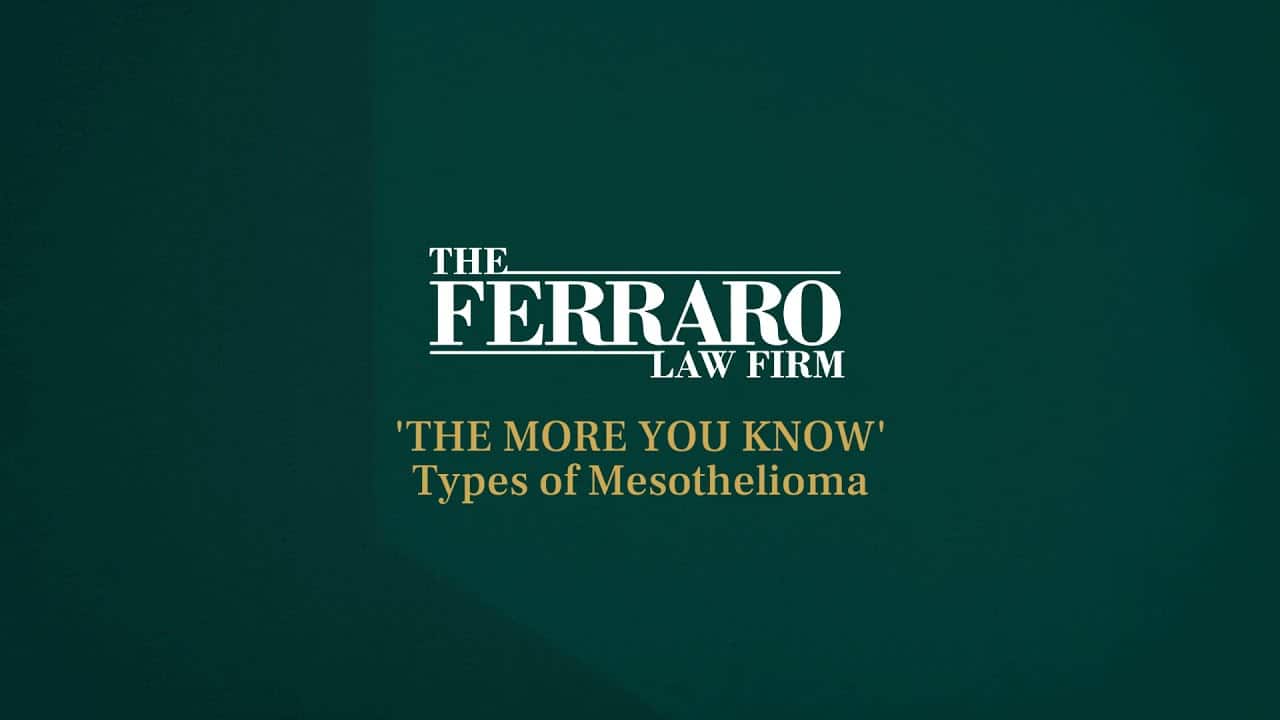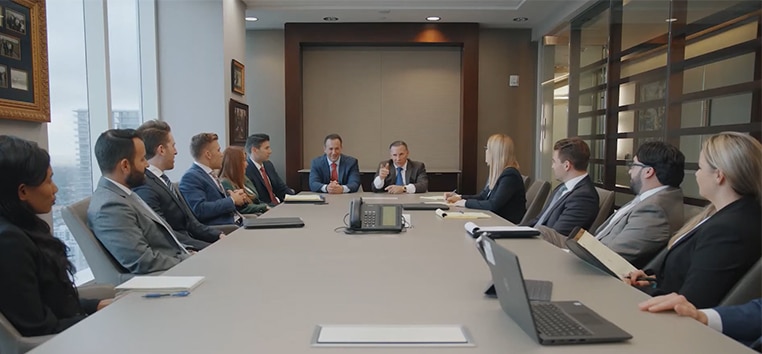If you were seriously injured, remember that it is crucial to choose the right law firm to represent your interests. We have been doing this for more than three decades, and have the resources you need to challenge any opponent.
Mack v. General Electric Ruling Could Impact Future Mesothelioma Cases
A U.S. District judge in Pennsylvania handed down a ruling that could impact future mesothelioma cases.
Plaintiff mesothelioma lawyers understand that Mack v. General Electric deals specifically with maritime law issues and whether those who worked on Naval vessels have the right to sue manufacturers of certain parts for exposure to asbestos. It’s an issue that has divided state and federal courts.
The case started as a single plaintiff suing for mesothelioma due to asbestos exposure on the ship. It has been consolidated into an expansive action that spans several districts.
The judge dealt a blow to the plaintiffs in his most recent ruling, which found that a ship is not a product for the purposes of product liability cases and further, those who manufacture the components of those ships don’t have a duty to warn users about hazardous materials, such as asbestos, because those users are considered “sophisticated.”
By allowing manufacturers to use this defense, at-fault companies can claim that certain individuals, in this case, Navy veterans, don’t have the right to sue. However, the judge did rule that such a defense may only be applied to negligent failure-to-warn claims, as opposed to claims that the warning was somehow defective or inadequate.
Additionally, the judge rejected the standard of defense outlined by the “sophisticated purchaser” theory. This is good news because it would have released manufacturers of liability if they adequately warned the user about liability. The judge ruled that to adopt this standard would have been to essentially discourage individuals to join the Navy or work at sea, which could ultimately have an impact on maritime commerce.
Why does this matter in a liability case?
Because the whole purpose of maritimelaw is to:
- Protect workers at sea from certain hazards and perils;
- Protect and promote commercial activity.
The second aspect the court ruled upon that will be considered of importance is the classification of Navy ships as not being a product, as defined in product liability law. Up until now, no federal or state courts had addressed the issue of whether a Navy ship could be considered a product. A few state and circuit courts had previously looked at the issue of whether other types of vessels could be considered products, but those conclusions were inconsistent.
In this case, the judge ruled that to impose liability on a shipbuilder for thousands or tens of thousands of assembled products that were made according to Navy guidelines would cause what he said would be an unmanageable burden that would likely discourage the entire shipbuilding industry.
Instead, the judge said the manufacturer – not the builder – could face liability claims.
Still, the judge refused a summary judgment requested in this case by the defendants, saying at this point, the defendant had presented no evidence to prove that those seeking damages were, in fact, sophisticated users.
Table of Contents
Frequently Asked Questions: Mesothelioma & Asbestos
What is asbestos?
Why is asbestos dangerous?
What are asbestos-related diseases?
What causes mesothelioma?
What are the different types of mesothelioma?
What are common mesothelioma symptoms?
Do I qualify for compensation if I have mesothelioma?
What is the life expectancy for someone with mesothelioma?
Do I qualify for compensation if I have mesothelioma?
Help for mesothelioma victims can be found at The Ferraro Law Firm by calling (888) 554-2030. Offices in Miami, Washington, D.C., and New York City.






